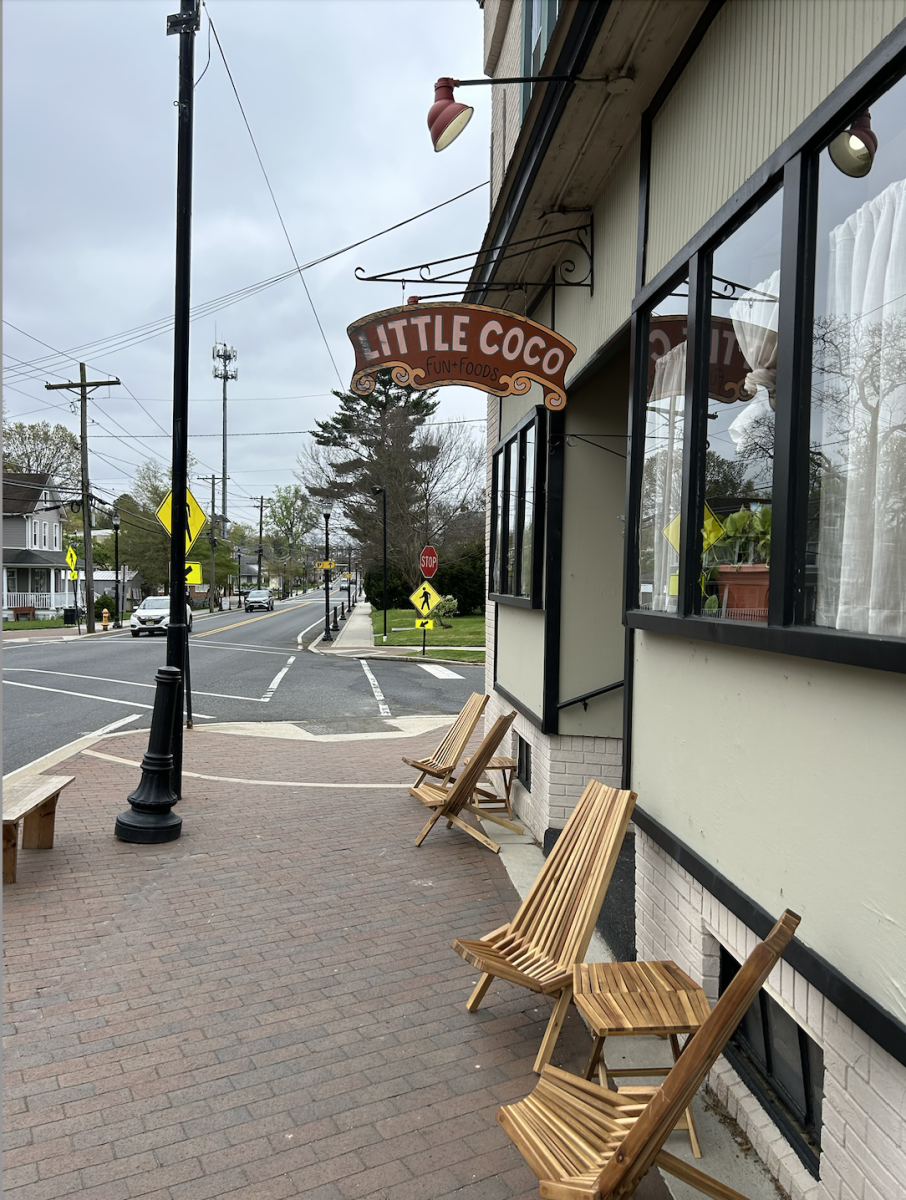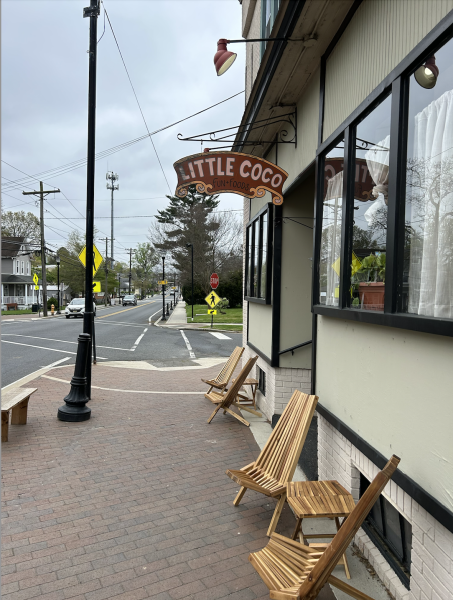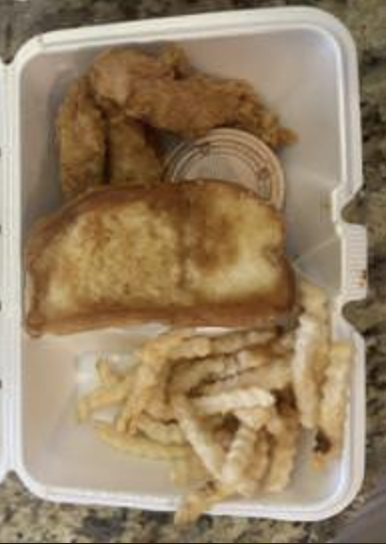Cherry Hill Township takes over management of Barclay Farmstead
August 5, 2010
Fresh butter is one of the few foods that every person should take the time to make. Although a long and very tedious task that involves a lot of heavy churning, the finished product is an extremely tasty treat.
For years, Barclay Farmstead has shared this old fashioned delight along with various other 19th century chores to the people of Cherry Hill. Built in 1816 by a Quaker farmer, Joseph Thorn, the Farmstead served as a home to Thorn and his family of eight. Later, Joseph W. Cooper acquired the land and used it to escape the hot summer days. His great granddaughter, Helen Champion Barclay, eventually sold 32 acres of the Farmstead property to the Cherry Hill Township, where it stands today as a museum.
Unfortunately, this historic building will no longer host regular hours to the public due to the recent layoffs of their four part-time employees. The layoffs were just one of the various effects caused by the ten percent reduction in the township’s workforce.
Dan Keashen, Mayor Bernie Platt’s Chief of Staff, said “The building will continue to be maintained. However, there will be no paid part time employees because the layoffs were a part of the cost-cutting.”
Although the part-time employees will no longer be working at the Farmstead, the various projects hosted by Cherry Hill will continue. The programs include Plant-A-Patch (a Cherry Hill Township sponsored gardening program), and the widely popular Living History Apprentice program. Hosted in September, the Living History Apprentice program educates children, grades 5-12, about 19th century farm life by providing children with hands-on activities.
According to a great post by myHomeSpot, the township will also be reinstating weddings at the property in hopes of raising revenue. In the past, the Farmstead used to host weddings, but discontinued the practice because weddings were managed without “proper oversight” and hence became too cumbersome.
“Going forward, we have a new policy in place that now limits the size of wedding parties, making it more manageable for the party to be hosted. The potential revenue will be reinvested in the house, part-time salaries, utilities and general maintenance,” said Keashan.
Keashen also stated that the township hopes to reinstate public hours, and possibly rehire one or more of its part-time employees in the future. However, he hopes that there will be more of a volunteer based work force.
Overall, one could only hope that this famous and historic building does not go into disarray because of the recent layoffs and the shift in management. However, with the hopeful outlook and plans the township has for the building, one can infer that the building will continue to lead a bright future and that its 19th century butter will continue to churn.
















Awsome45 • Aug 9, 2010 at 11:02 am
Great Story!